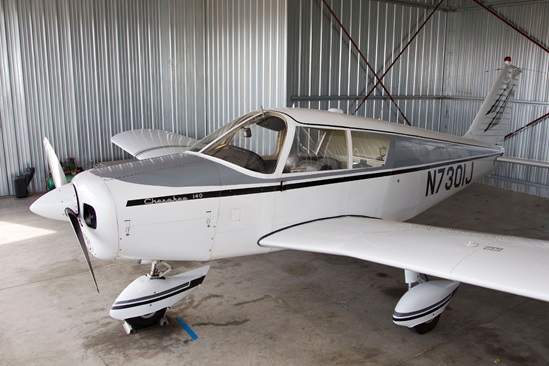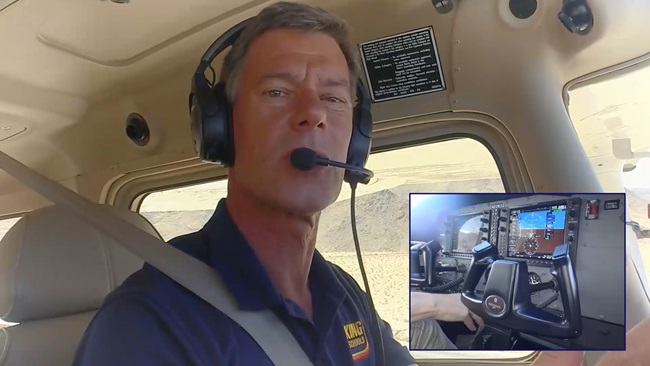Administration continues to push user fees
By Warren D. Morningstar
Can flogging a dead horse ever succeed? The administration on Oct. 18 transferred the whip to the hand of Secretary of Transportation Mary Peters as she went before the Senate Commerce Committee and tried to resurrect the administration's FAA funding proposal. That bill had failed to get out of the starting gate in February.
The full House and the Senate Finance Committee have rejected the FAA's claim that the current funding system was seriously ill and the only cure was user fees, huge tax increases for general aviation, and a huge tax break for the airlines.
However, Peters told the Commerce Committee that, "the failures of the current system are not the result of poor engineering but poor economics. There is a pressing need to overhaul the nation's aviation system to improve economic efficiency and to maintain an impressive record of safety performance.... We urge that any further [congressional] action remain consistent with our February proposal."
In a way, Peters was preaching to a sympathetic choir, because the Commerce Committee had drafted an FAA funding bill that included some of the administration's precepts. But the tax-writing Finance Committee disagreed.
And so does a prominent former senator with impeccable conservative, economic, and aviation credentials. E.J. "Jake" Garn chaired the Senate Banking Committee when he was the senior senator from Utah and served on the Appropriations Committee. He's an officer or board member of several large corporations, a pilot, former astronaut, and Air National Guard brigadier general.
The Commerce Committee's original bill "would institute an unnecessary funding system called 'user fees' for small aircraft, in addition to tripling the fuel tax," Garn wrote in an article published Oct. 13 in The Salt Lake Tribune. "Commercial airlines...would receive a major tax break, while small aircraft owners and the businesses, communities and charities that depend on small planes would be forced to shoulder a slew of new taxes and fees."
That, according to Garn, would have a devastating impact on small businesses and rural communities. "As planes remain on the ground, small airports may be forced to close, sometimes cutting off the quickest and most efficient access to rural communities. But the impact of the proposed user fees goes beyond economics. Many doctors use private planes to reach rural patients who need specialized treatment."
Garn wrote that the House-passed FAA funding bill—H.R.2881—would create historic funding levels for the FAA using the current aviation tax system. He called the Finance Committee's changes to the Senate funding bill (S.1300) "common-sense and equitable," changes that didn't resort to "a risky 'user fee' scheme or a huge tax break for the airlines."
He urged the Senate to support passage of the Finance Committee's proposal. "If it passes, we can begin to modernize our nation's air traffic control system and avoid giving the airlines a massive tax break funded by those of us who fly small planes."
After the full Senate passes S.1300, House and Senate leaders will appoint a conference committee to resolve the differences between H.R.2881 and S.1300. The bill will then be sent back to both chambers for final votes and then to the president.
Timing is uncertain at this point. The Senate has not yet scheduled its FAA funding bill onto the Senate floor for debate and final vote.
October 22, 2007


